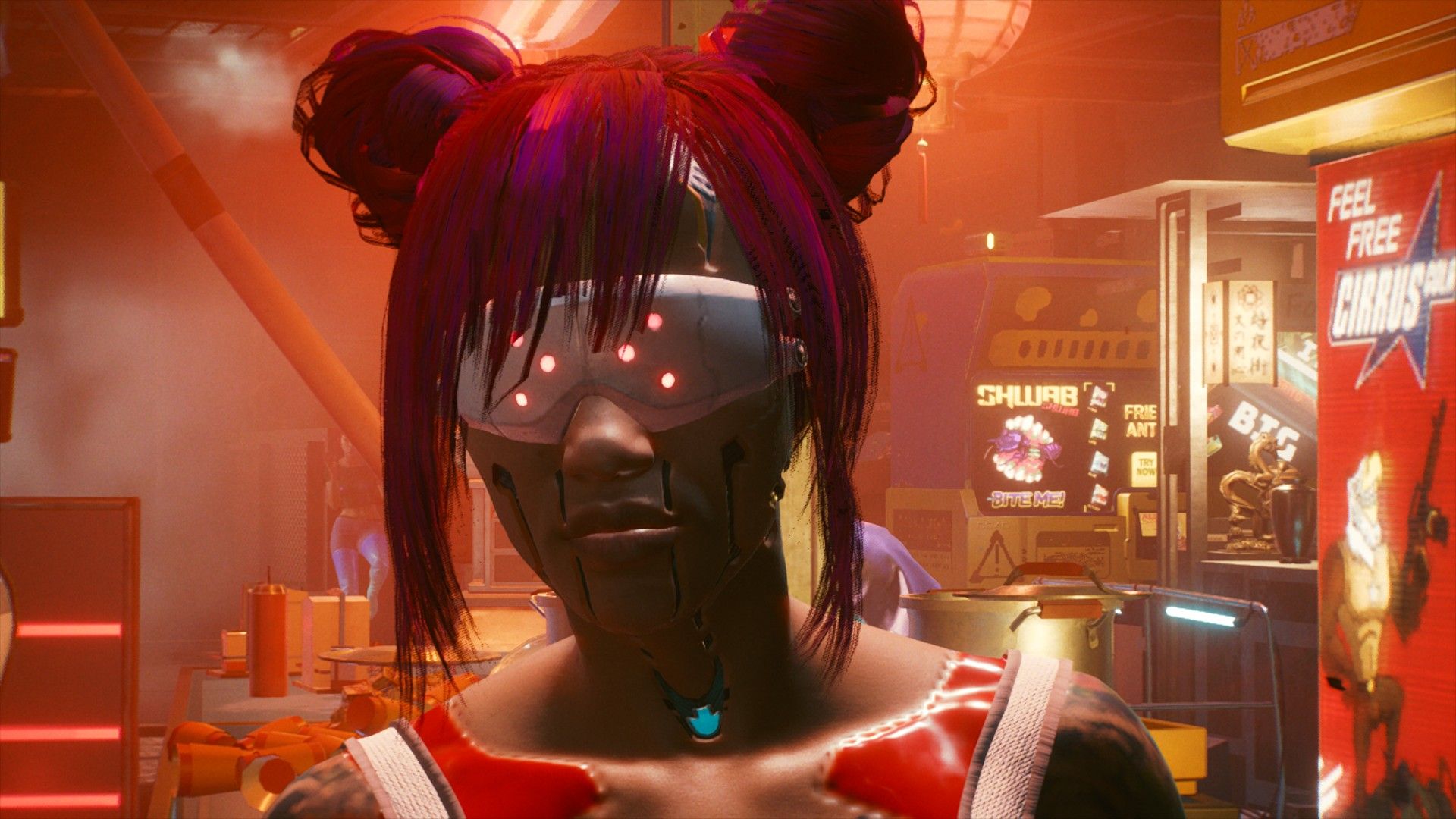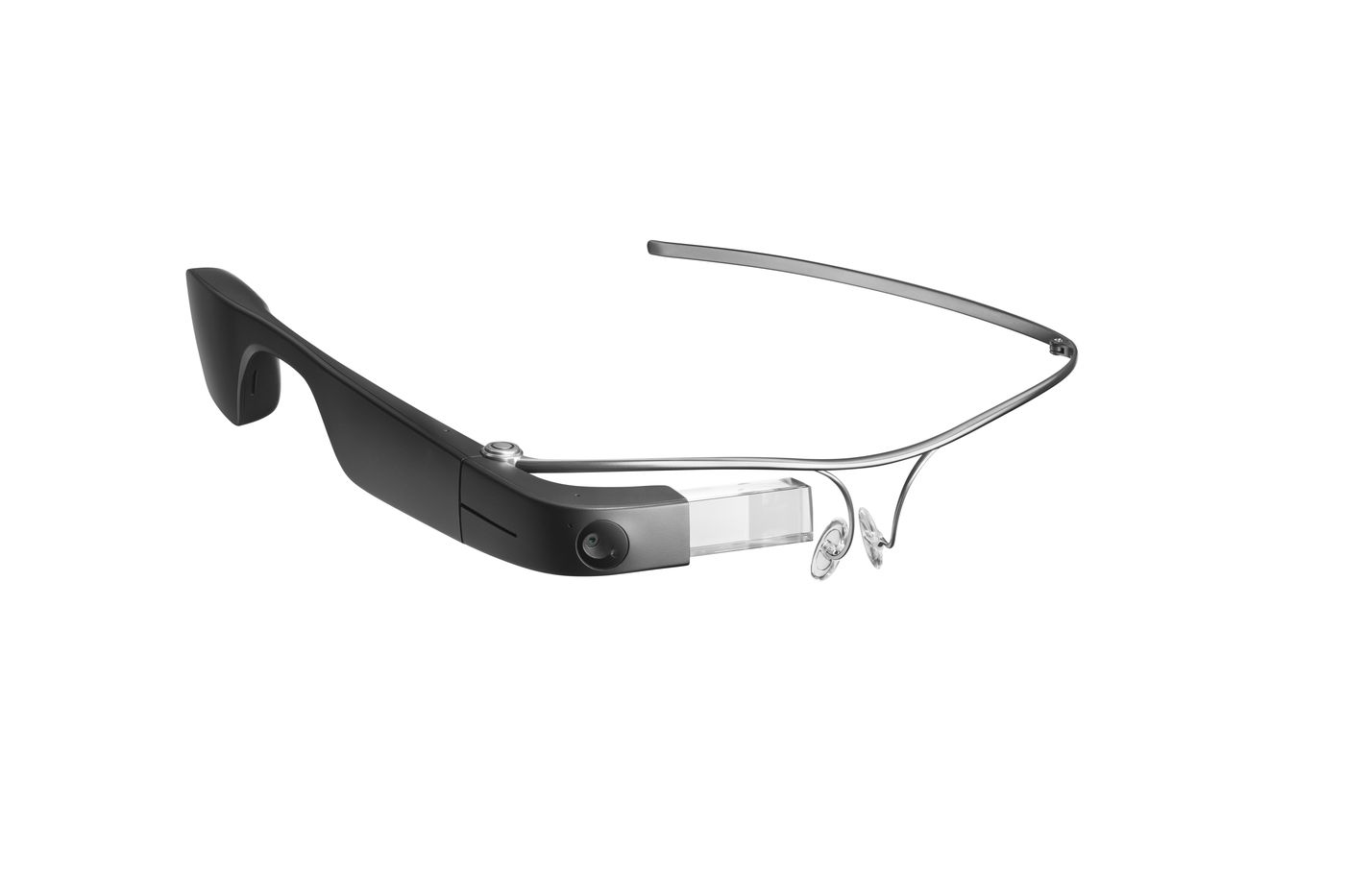Cybernetic Implants: Pondering on the future of "Smart" Technology
Extending our capability or vulnerability?

First of all, Happy New Year 2021. For the first post of this year, I wanted to carry over one of the thoughts I was having at the end of 2020, which was triggered while I was playing Cyberpunk 2077. I have been enjoying the game so far and there are many interesting questions that have popped up while I have been playing the game and this is one of them.
Cyberpunk 2077 shows a future, where everybody uses cybernetics to enhance their abilities. Be it enhanced vision, super speed, powerful limbs, pain suppressors, cybernetic implants help you augment your abilities. It is not the first game to do this (I am thinking of Dues Ex series), but it is the one that got me thinking about the technology.





In Cyberpunk 2077, cybernetic implants are the norm. Everyone is equipped with some form of cybernetics. One of the main implants that the protagonist is equipped with is Kiroshi optics, which help you zoom in to objects in the distance and scan targets, if any. The optics are further connected to the NCPD database that give you details regarding the target, including name, affiliation and criminal record. You are also given details on their abilities and options to hack the target.

The scan results vary if the target is a civilian. Your options to hack are also restricted in that case. You still can see the name of the target.

A simple scan can result in gaining knowledge that is not open to everyone. I shudder to think the ramifications of such a technology.
It is easy to reject the idea of cybernetics on the basis of privacy concerns. This is one of the reasons why Google Glass failed. No one likes a camera shoved up into their face, which is exactly what the Glass did. It wasn't even an elegant design hidden behind lenses, but right up in the user's face. Further, the Glass did not solve any use-case that could not be solved by a smartphone.

On the other hand, cybernetic implants are going to be an extension of human body directly interfacing with the brain. We have seen the beginning of such cybernetics in the form of prosthetic limbs. However, in those cases, the limbs do not connect to the brain, but rather make use of sensors, which pick up the firing of the nerves from the limb and translate that into the movement of the limb's motors.

The future of cybernetics may head to the direction that Cyberpunk 2077 shows, where it's not just the amputees that avail the technology, but it is accessible to the masses. Even in the game, the most advance implants show up for military use or in the black market, used by the gangs in the streets. The most concerning part of the whole system is the level that we will expose ourselves to the world in that case.
With the use of such technology, our privacy will be at the mercy of the corporations, who can make use of the data as they see fit. This may not seem so different from the current generations of smartphones and our addiction to it. It took a couple of decades to bring change and get hooked to this technology.
Today, smartphones have become an extension of us. We have become smarter with its help. We cannot imagine doing anything without it's help. This has further been intensified by the pandemic. The pandemic has made us more dependent on smart technologies. Online schools, payments, work from home, meetings,... none of it would be possible without smartphones. But through our dependency, we have been voluntarily handing out data regarding our lives whether it be through social media or through our private messaging apps. This access has been used against us in the form of targeted ads and a world where our opinions are being gently nudged and influenced.
In a future filled with cybernetics, we will enhance our capabilities, while creating even more vulnerabilities. Sight can be improved, limbs can be enhanced, memories can be extended, maybe even consciousness can be saved (therby extending life), but at what cost? Our entire lives will be accessible online as we will surely have to stay connected to the internet. Our cybernetics will be vulnerable to hackers, who can find exploits in the system and make use of it. Our dependency on technology will be tenfold and go beyond addiction. Cybernetics will be the crutch with the help of which we will build our lives and it's loss will be devastating.
In "To Sleep in a Sea of Stars", a Sci-Fi novel by Christopher Paolini, set in the distant future, the protagonist Kira loses her implants, which supposedly interfaced with neurons directly. She is dismayed at the thought and here is an excerpt from that section:
"If she had to chose, she would have lost her arm than her implants. With her overlays, she had a world within a world - a whole universe of content to explore, both real and invented. Without, all she was left with were her thoughts, thin and insubstantial, and the echoing darkness beyond. What's more, her senses had been blunted; she couldn't see UV or infrared, couldn't feel the magnetic fields around her, couldn't interface with machines, and worst of all, couldn't look up whatever she didn't know."
This internal monologue struck me as quite interesting because it indicated the depth to which the implants were a part of Kira. She was ready to lose a body part, an actual limb in exchange for her implants. This is what I was saying before. If our dependency on smartphones is any indication, it is only going to increase when the technology becomes more invasive and almost a part of our selves.
The question then comes would you opt in for cybernetics if given the choice. At the start of the normalization of smartphones, I held out on getting one as I did not see the advantage of getting it, but it only took a few years and the adoption of it by people around me that had me convinced. Soon, my whole family was on the bandwagon. This makes me believe that it will be inevitable to avail cybernetics in a future where it is available widespread. There maybe some resistance initially, but once it is available for the masses at a reasonable cost, it would be unavoidable.
I am sure there will be laws and safeguards in place to protect us. There will be a new normal, but yet the opening that we give to attack will be far wider than it is today. Surveillance will take a new form.
And then there comes the question of if we augment all parts of our body, what will remain to make us stay human. Will our brain and consciousness be enough? What if our consciousness is transferred to another body? Will we remain the same? This enters the realm of philosophy and better minds have given opinions on this. I still wonder about what gives us our identity. Our body or our mind?
I know I have taken a more negative approach to dealing with this cybernetic technology in this article, but in my heart, I hold out hope. This technology will be life changing, allowing us to extend our capabilities and maximize our potential.
For sure, you will be reading this article in my future. If it is the near future, what are your thoughts on cybernetics?
If it is further in, I am glad my blog survived so far. Are cybernetics a thing? Were my fears realized in your world? Reach out to me and let me know.